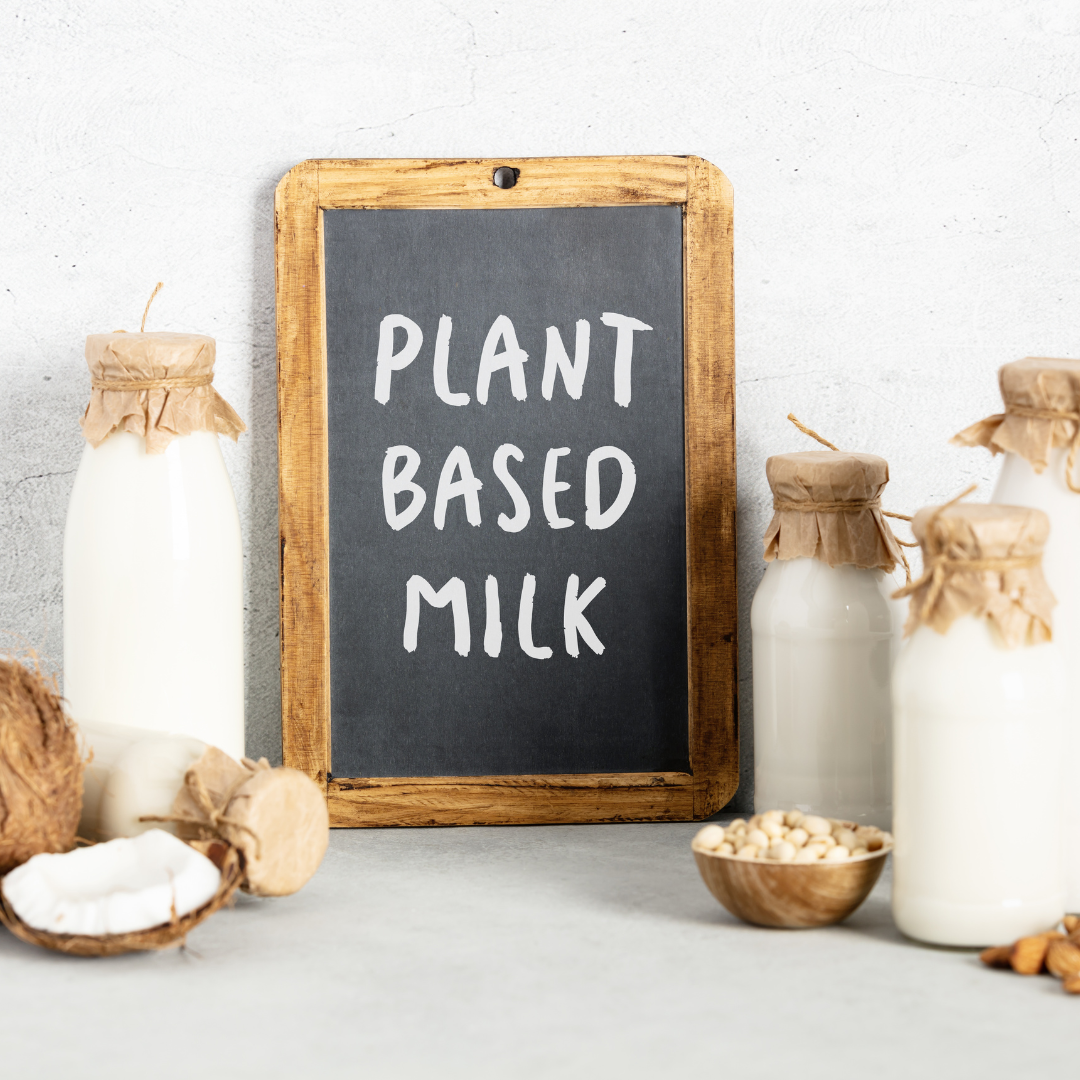7 Reasons You Should Ditch Dairy (Cow Milk)
Cow milk is produced by female cows to nourish their young calves. During pregnancy, hormonal changes prepare the cow’s mammary glands for milk production. After calving, the cow begins producing colostrum, followed by regular milk. On dairy farms, cows are typically milked using mechanical milking machines, and the milk undergoes pasteurization and homogenization before packaging. While cow milk is a natural source of nutrition for calves, individuals may opt for alternative milk options due to lactose intolerance, dairy allergies, or personal preferences. Looking for a change? Here are 7 reasons to ditch cow milk (dairy) and explore delicious, nutritious alternatives that fit your lifestyle!


My family has always had a sensitivity to cow’s milk. I saw nothing wrong with it until I weaned myself from it after an oncologist recommended it and saw how I performed better in my sports. I quit regular milk and most dairy products back in 2001 and never went back. I still love cereal and my occasional Oreo dip, so I use nondairy milks. My favorites are cashew milk, hemp seeds milk, quinoa milk (complete protein), macadamia milk, soy milk (essential amino acids), hazelnut milk, and even coconut milk beverage. My least favorite is probably unsweetened almond milk as it doesn’t really have a good nutty flavor and very little protein, but that’s personal preference. Grocery stores and coffee shops offer many good options nowadays of vegan milk with different flavors, many of which are nut milks (non-dairy milk alternatives) or pea protein milk (4-5 grams of protein per cup) and even hemp milk, which is delicious.
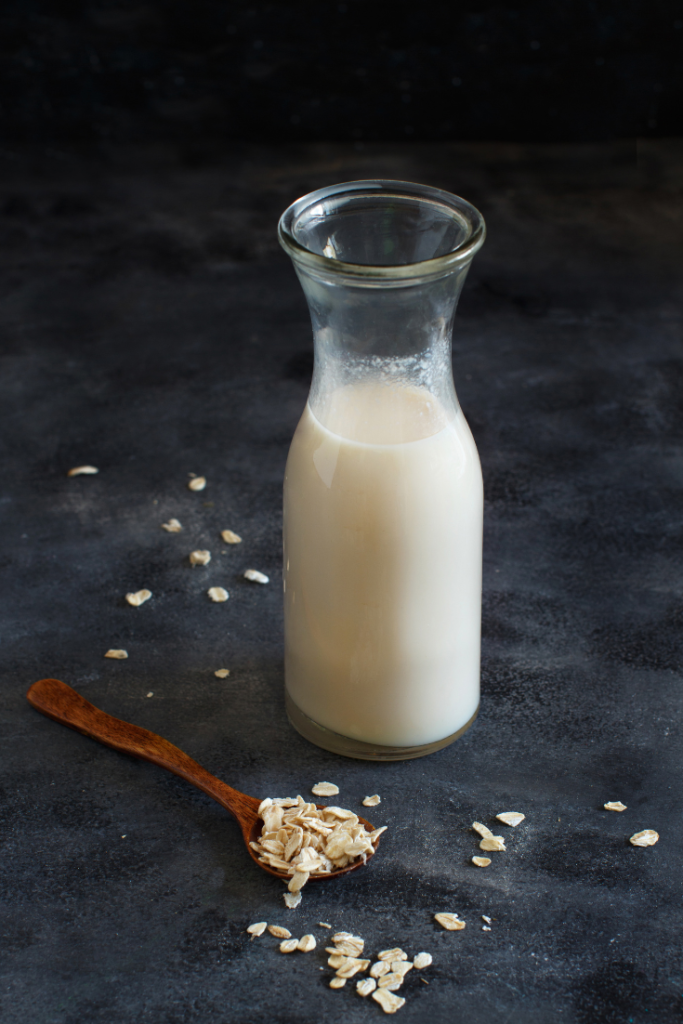
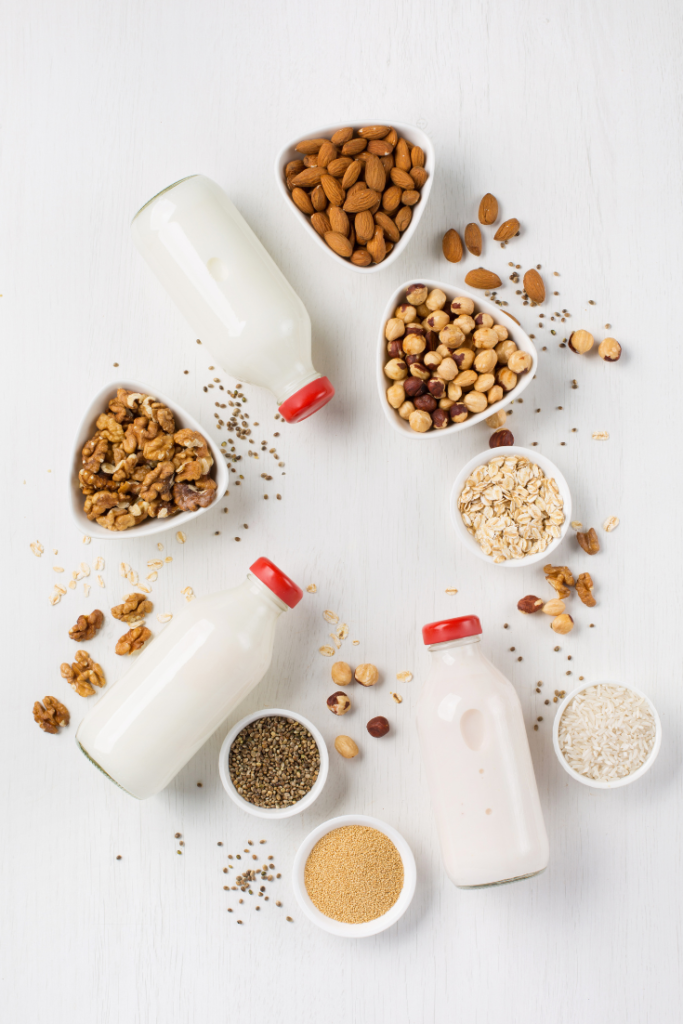
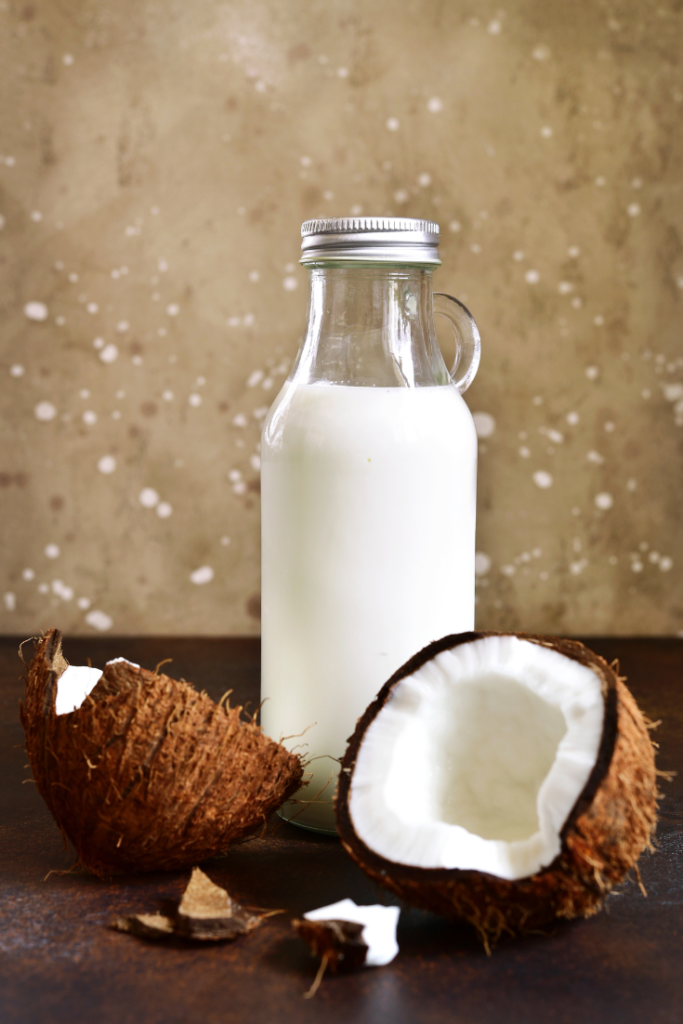
Non-dairy milks, also known as plant milk or alternative milks, have gained popularity in the past couple of years for several reasons. They mostly have a neutral flavor, many have short ingredient lists, and there are many unsweetened varieties with fewer calories, all of which are positive attributes. Plus, many people find them to be a suitable and nutritious option for various purposes. Here are some reasons why some individuals choose plant-based milk
Digestive Issues

Lactose-free options like almond, soy, and oat milk are great for people who can’t digest dairy. Plant-based milks are often easier on the stomach, reducing bloating and discomfort. Unlike dairy, they don’t have hard-to-digest proteins like casein or whey, making them gentler on the gut. Plus, switching to plant-based milk may reduce inflammation, which can help with digestive issues like IBS. Each plant milk also has its own health benefits—almond milk has vitamin E, while soy milk offers protein—making them a nutritious choice for your digestive health!
Dairy Allergies

Plant-based milks, like almond, soy, and rice milk, are great for people with dairy allergies because they don’t contain allergens like casein, whey or lactose. These hypoallergenic options are less likely to trigger reactions and are often made in separate facilities, reducing the risk of cross-contamination. Each plant milk also offers different nutrients—soy milk has protein, almond milk has vitamin E, and oat milk has fiber. Plus, they’re easier to digest, making them a gentle choice for those who experience digestive discomfort from dairy.
Inflammatory Response

Plant-based milks are a better choice for reducing inflammation since they’re lower in saturated fats and free from inflammatory compounds found in dairy. Options like almond, soy, and oat milk also provide anti-inflammatory nutrients like vitamin E, isoflavones, and beta-glucans. By avoiding potential triggers in dairy, such as lactose or proteins, you can further reduce the risk of inflammation. Plant-based milks are easier to digest and support gut health, which plays a key role in managing inflammation. Plus, you can choose fortified options to boost your intake of essential nutrients like vitamin D and omega-3s.
Hormonal Imbalances

Plant-based milks are free from the natural and synthetic hormones found in dairy, making them a better choice for those looking to balance their hormones. Dairy products contain estrogen and progesterone, which can disrupt hormonal balance, while plant-based alternatives offer a hormone-free option. Some research even suggests that dairy may raise levels of hormones like IGF-1, which can affect conditions like acne or PCOS. Additionally, plant-based milks like soy may support estrogen metabolism through phytoestrogens, and their lower fat content helps improve heart health and overall hormonal balance.
Bone Health

Many plant-based milks are fortified with calcium and vitamin D, crucial for building and maintaining strong bones. Options like almond, soy, and oat milk provide absorbable calcium without the saturated fats or hormones found in dairy. Plant-based milks may also offer magnesium and vitamin K, which help your body absorb calcium and promote bone density. Additionally, some plant milks have an alkaline pH, which supports bone health by preventing calcium loss. With lower saturated fat content, plant-based milks make a great choice for strong bones and overall health.
Environmental Impact


Plant-based milk production is much more eco-friendly than dairy, with lower greenhouse gas emissions, reduced water use, and less land required. Crops like almonds, soybeans, and oats need far less water compared to dairy cattle, making them a more sustainable choice. Plus, plant-based milk production results in less pollution, such as methane emissions and nitrogen runoff, which helps protect the environment. Many brands also use sustainable farming practices, promoting soil health and biodiversity. By choosing plant-based milks, you’re making a positive impact on the planet! Try one of my favorite recipes ever and see how delicious and easy it it to make!
Ethical Concerns

Choosing plant-based milk over dairy supports animal welfare by avoiding practices like confinement, calf separation, and routine use of antibiotics and hormones. Plant-based milks are cruelty-free, made from crops like almonds and oats, which don’t involve animal suffering. Additionally, plant-based milk reduces environmental harm linked to dairy farming, such as deforestation and pollution. Many plant-based options also come from sustainable farming, supporting soil health and biodiversity. By opting for plant-based milk, you promote compassion and align your diet with ethical, cruelty-free values that respect all living beings.
Favorite Home-Made Milk Alternatives
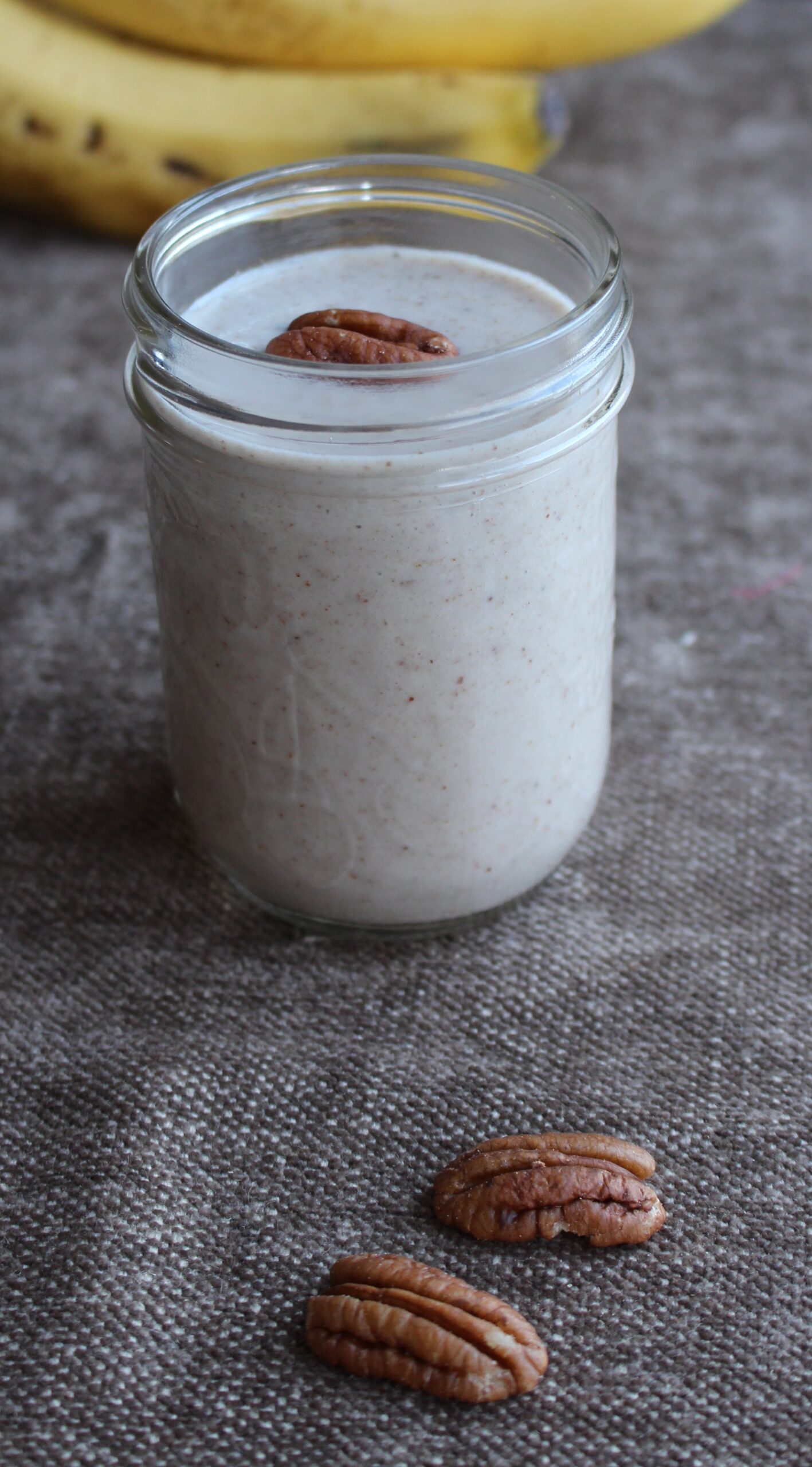
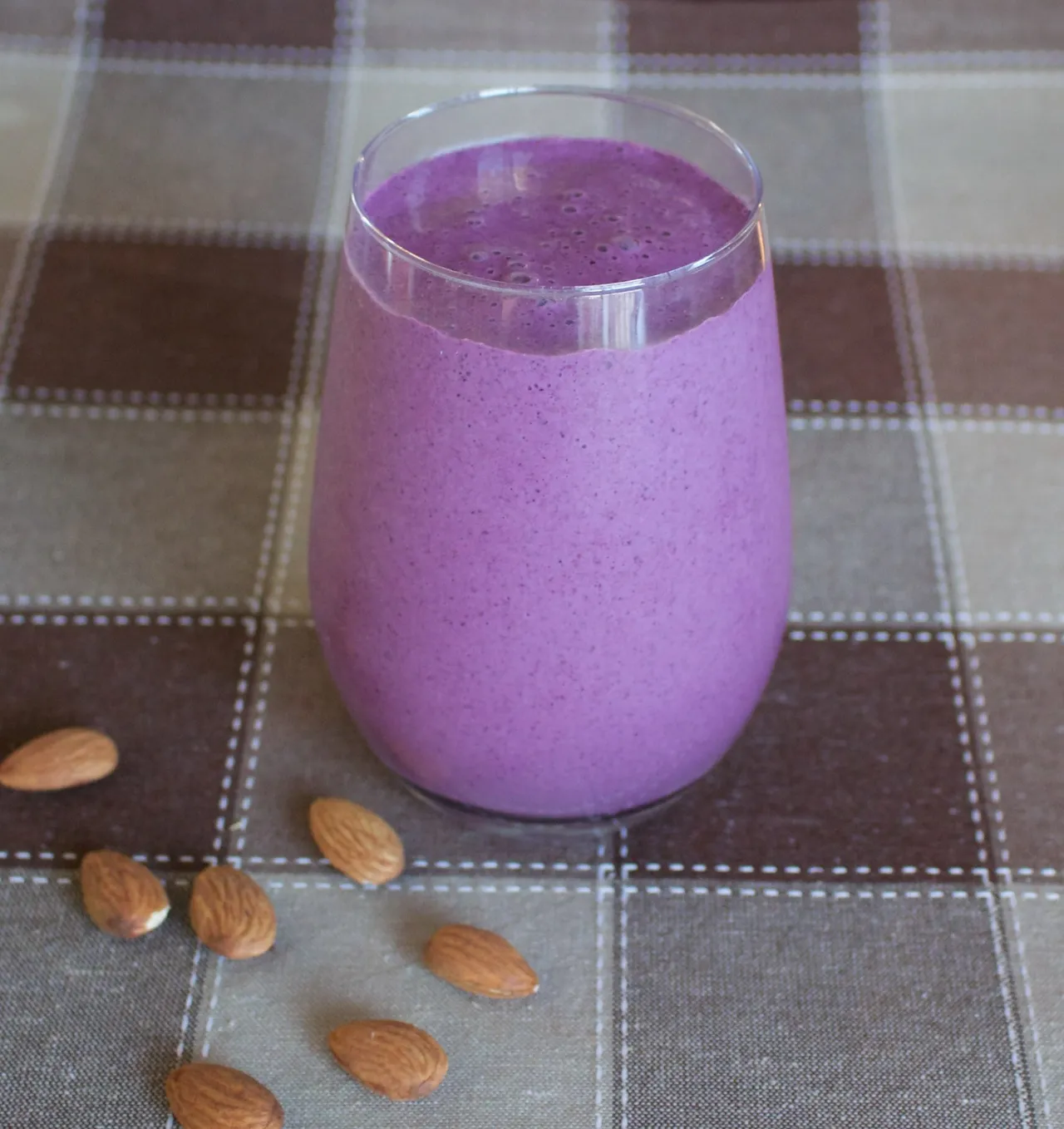
Check out this Guide to Making Dairy-Free Milk by Dana @ Minimalist Baker!

Get a Vitamix blender today and enjoy a creamy smoothie tomorrow!

